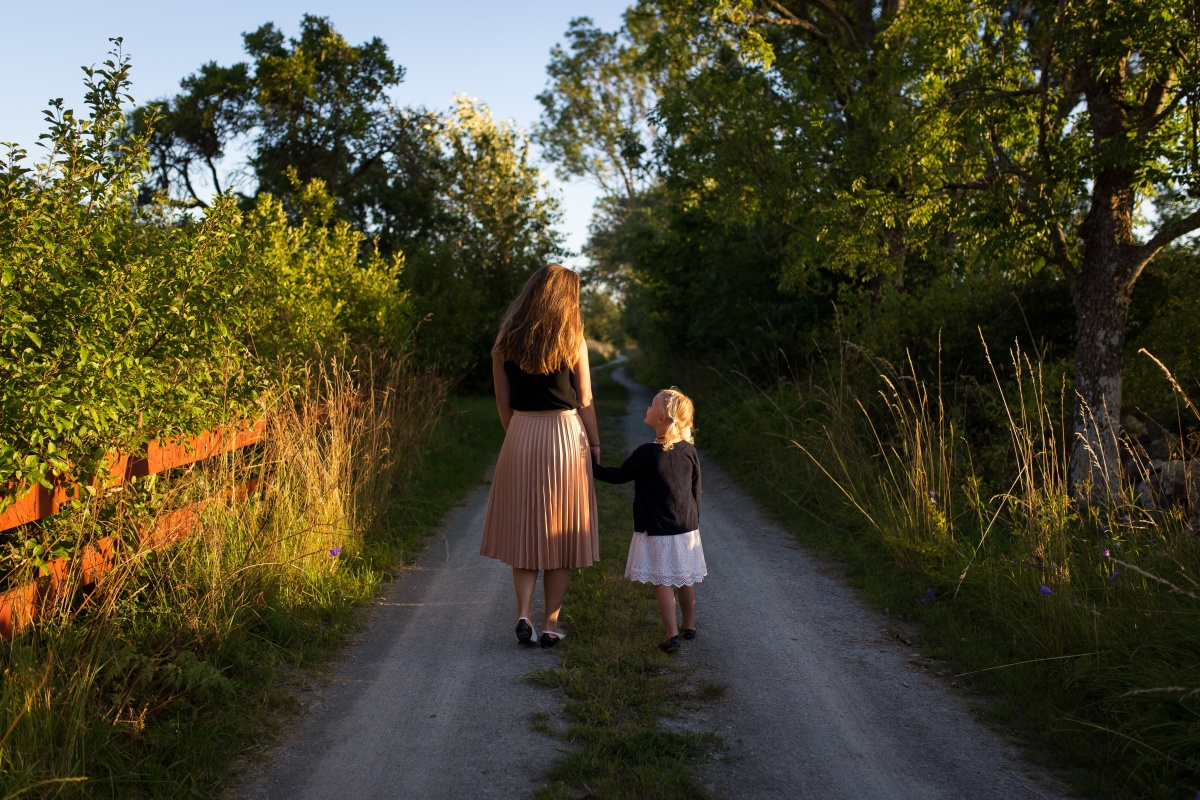
My daughter plays the violin. She started when she was just four-years-old, playing Twinkle, Twinkle on her little miniature instrument. Now, she’s eight and plays in a youth orchestra, sitting tall and poised, reading music written by famous composers. It feels like a little miracle, especially since I have never been trained to play an instrument myself.
In fact, there is nothing that convinces my daughter of my absolute use-lessness more than our regular practice sessions. My ignorance becomes painfully obvious any time she needs help or guidance.
I mean, I sometimes try to fake it. I sit-in during her lessons and furiously write notes, scribbling, jotting, memorizing, in hopes that I will at least understand the specific instructions for that week.
“What is the difference between a C sharp and C natural?” “How many sharps are in the key signature for the G major scale?”
These questions might as well be on a calculus quiz. Well, except that I have actually taken calculus, so that would be easier.
My heart feels heavy when I realize I am ill equipped to help her when she gets stuck or feels discouraged.
This feeling is familiar. I have wrestled with that same self-doubt as I seek to pass on faith to my kids.
I did not grow up in the church or in a family of faith. I met Jesus when I was older and did not have a foundation of faith in my childhood. So when I had kids of my own, I often wondered if I had the tools necessary to guide them, not having an example from which to draw.
But, I have learned I don’t have to be an expert, and I have discovered a few things that have brought me comfort and confidence in my hopes to pass my faith along to my children. Whether you came to faith later in life or if you ever feel unqualified, here’s a few things you can do:
Live it out
Even if you are new in your faith, you can live it out in front of your kids, sharing with them both your mistakes and triumphs.
One of the best things I have ever heard Reggie Joiner say is, “We can give our kids a front row seat to the grace of God in our lives.”
There’s no better way for our kids to understand the true meaning of grace than when we invite them to witness the journey, letting them see first hand the miracle of us being transformed right in front of their eyes.
Study the Bible
I asked a friend of mine, who did not grow up with a model of faith in his home, where he finds the tools to share with his kids. He answered confidently, “All that we, or our children, need to know about God is revealed in His Scriptures.”
I want my kids to see me turning to the Bible for guidance. I want them to hear God’s Words coming out of my mouth when I comfort or even correct them. And the good news is I can learn with my kids. We sing songs and practice quoting memory verses together. Just like with violin music, we are learning together.
Pray
There can be something healthy about humbly accepting that something is outside of our expertise. Recognizing we may not have the tools we need can send us to our knees asking God for help.
At my church, we often remind each other to “Work like it depends on us and pray like it depends on God.” I hope to parent in a way that is intentional and focused and purposeful . . . but also smothered and covered in a desperate prayer that God would reveal Himself to my kids. I have to remind myself that I only play a part in the process.
Widen the Circle
One of the greatest revelations in parenting might be that we don’t have to parent alone! I am blessed to have friends with powerful faith stories. Our church is filled with incredible people who love God deeply and have experiences to share that are different than mine. So my husband and I work to invite a chorus of voices into the lives of our kids.
Just as my kids have seen me fumble to guide my daughter as she has learned to play the violin, they will also be well aware of my short-comings as I share with them my journey of faith. But I trust that one day, I will step back and marvel at how far they have come—despite me.




